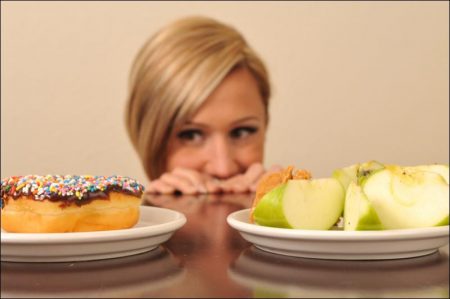Eating disorder is a serious problem. So what about to examine our eating habits.
Part of the journey to recovery from an eating disorder involves healing the relationship with food. Let’s talk about how every one of us has a relationship to food and what a healthy relationship might look like.
Everybody eats. The way we eat is shaped by many things. When I asked people to reflect on all the things that influence how we eat and what we eat, some common themes emerge:
taste
culture, traditions, religious beliefs
celebrations, birthdays, parties, etc.
emotions, happy and sad
habit or what we are used to
raised to eat a certain way
budget
diets
sustainability
environment
animal welfare
because we are hungry!
It’s interesting that most times nutrition and health come up last or not at all! When we hear about food in the media, often we only hear about health and nutrition. That’s one reason why food and eating can be a challenge for many – when we only focus on nutrition and health, we leave out so many other reasons why food is important in our lives. It might help to talk about food by talking about the relationships we each have with food and with our bodies. Our relationships to food and eating involve so much more than just nutrients, vitamins and minerals!
When we think about being in a relationship with another person, what are some things that would be part of a healthy relationship?
Things that come to mind may be:
communication
trust
respect
love
fun
comfort
caring for, being there for another
Let’s return to thinking about relationship with food and our bodies. Our bodies want us to communicate and listen. When we’re hungry, our body wants to be fed. Our body wants to trust that we’ll nourish it regularly with food in order to care for it. At other times, we may not feel hungry and our bodies want to enjoy food just for fun or just for comfort. Paying attention to our body’s cues for food is part of having that healthy relationship.
Many people think that dieting is part of being healthy or having a healthy relationship with food. That’s the opposite of the truth. Weight loss dieting can actually interfere with having a healthy relationship to food, both physically and mentally (click here to see our blog post on this topic). Not everyone who diets develops an eating disorder, but nearly all of those with an eating disorder have dieted. Weight loss dieting is rigid and doesn’t allow flexibility with eating.
Just monitoring calories or nutrients doesn’t honour all the other reasons we need to eat. It’s common for people who diet to consider foods as either being in “good” or “bad” categories. This is called the diet mentality and it hurts us more than it helps us. When we connect our feelings and self-esteem to our food choices, we might feel good about ourselves when we eat the food we put in the “good” category and feel bad about ourselves – like we’ve failed or lack will power – when we eat food we think of as “bad”.
This can lead to cycling on and off diets. It can also take away the fun and joy of eating. Our bodies have an innate ability to know how much to eat. When we eat fairly regular meals and snacks, we can use our own internal cues for hunger and fullness to guide us to eat the amount of food that is right for us. This is called intuitive eating.
So what does a healthy relationship to food look like?
It is important to understand that we cannot know someone’s relationship to food or if they have an eating disorder by just looking at them, their body type, or their food choices. For each of us, our healthy relationship with food will look different from day to day. In general, a healthy relationship with food is one that is flexible with some regular structure, includes a variety of foods, is nourishing rather than punishing, and something to be enjoyed and not dreaded. A healthy relationship with food is possible for everyone!
Hits: 106
